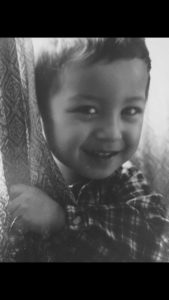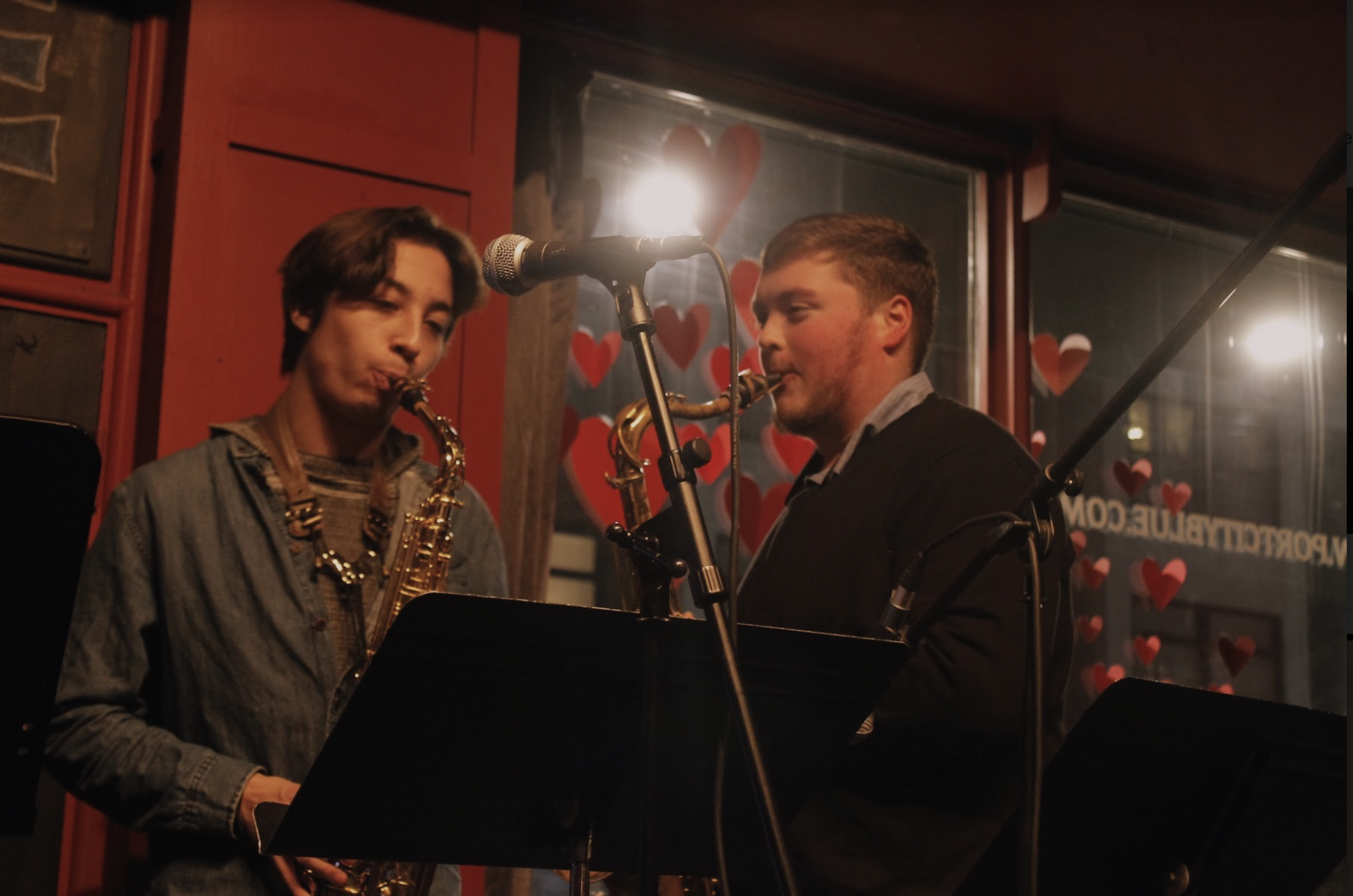By: Lydia Simmons, Arts & Culture Editor
When it comes to being a musician for some it can be a pass time, a hobby, a creative outlet, while for others it can be all of that and more. For USM senior Jett Tachibana music has been a part of his life since he can remember so it only seems fitting that he became a musician himself. In the fourth grade he began playing the saxophone, an instrument that he has played for twelve years now and that has influenced his life and his education greatly. Tachibana currently attends USM to study music performance with a concentration in jazz.
When asked what inspired him to start playing, but also to stick with it Tachibana answered, “My dad was a musician and I grew up listening to jazz and Charlie Parker and that kind of made me choose the saxophone and then sticking with it he definitely helped me a lot there as far as practicing religiously.”
For musicians practicing is paramount and the amount of time that is needed to be able to play at a quality level can sometimes be exhausting, especially for a kid. Tachibana knows this first hand as he quit playing the saxophone for the majority of his high school career. He said, “ I was still composing but I wasn’t playing the saxophone and then halfway through my senior year I decided to play again,” Later stating, “I was also a 14, 15, 16 year old kid and I just wanted to have fun. I didn’t want to sit in my room and practice for five hours every day.” Though he took a break from the stresses of playing for a while eventually he came back to the instrument and the music that he is passionate about.

Being a student musician can have its effects on the way those students view their instruments because of the pressure that they are under. When talking about the pressure that music students experience Tachibana said, “I feel like in school there’s this big, and it’s not just USM but throughout music school in general, there’s this big push to try to be technically perfect or virtuosic and I think it kind of takes away from the artistic side of it.” He also followed up with the fact that he’s aware of this sort of mentality and actively tries to stay away from viewing the playing of music in that way.
Creativity is one of the cornerstones of being a musician and for Tachibana he feels most creative after the sun goes down. Late at night is when he feels most inspired to create. For him creativity isn’t a constant, “It comes and goes. It doesn’t really sequence up with anything,” as is the nature of most things in life.
When you’ve been playing an instrument for more than half of your life that instrument becomes a part of you and can mean so many different things. For Tachibana this rings true. It is both ritualistic and a part of his everyday life but at the same time it’s a way for him to express whatever he wants to and is an outlet for his creativity.
He said, “I feel very staked in it, I’ve put a lot into this and it’s very much a part of who I am. That’s another thing with music school that I’ve found that a lot of people— which is fine, it’s just a different way to go about it than I do— they’re like ‘I like music so I play music,’ it’s not like the focal point of who they are or this necessity that they have to do. They would just as easily go be able to do something else and be fine with that, but that’s just not who I am.”
After graduation Tachibana hopes to pursue a career as a musician.

